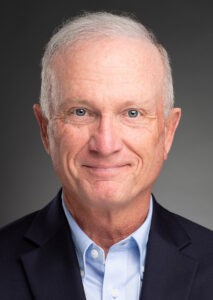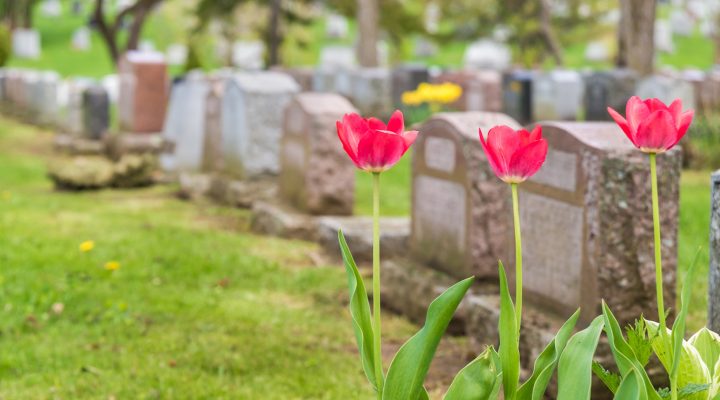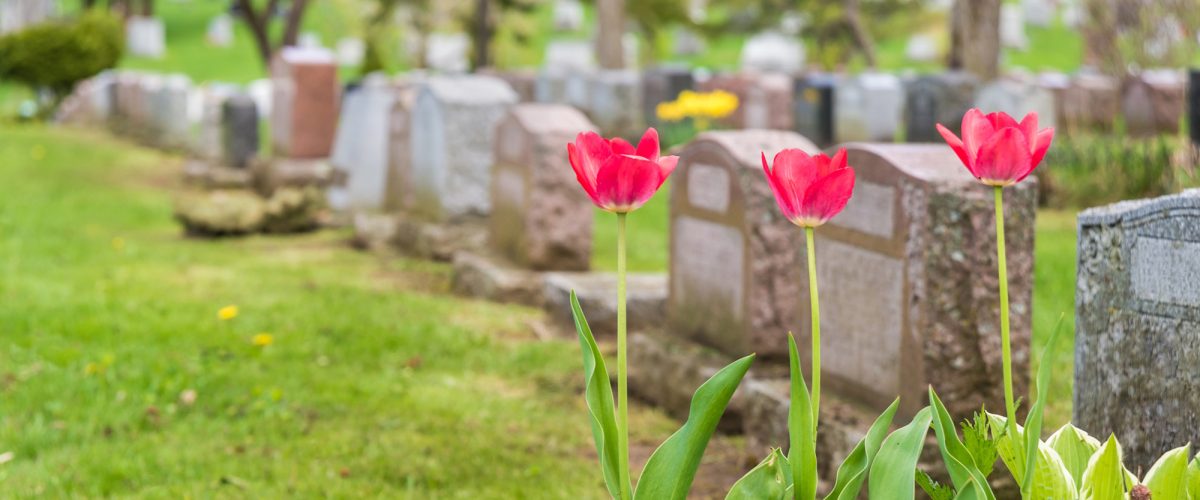While I was writing my first book, my 85-year-old mother died unexpectedly. She was in an assisted living facility, but she had no serious health issues. She entered the hospital severely dehydrated and was in acute renal failure, although she never had kidney problems before.
She died 10 days after being admitted. I considered and compared my response to her death and my father’s death, some 46 years apart. My religious beliefs and worldview had dramatically changed in these intervening years. To be fair, there also is a vast psychological difference between a 12-year-old son losing his 46-year-old dad and a 58-year-old son losing his 85-year-old mother. The grief is incomparable.

David Ramsey
But I am actually at more peace with the realization that I don’t know what happens after we die than I was with the belief I once held that my father was in heaven and that I would join him there one day.
If you’ve read my book, you may be surprised at the memorial service my sister and I planned for our mother. My mom’s fundamentalist Baptist minister officiated the service. There were readings from Scripture. I picked the music, which ranged from a John Rutter arrangement of “For the Beauty of the Earth,” sung by the Cambridge Singers, to a video of “Will the Circle Be Unbroken” featuring a variety of musicians including Johnny Cash, Bruce Hornsby and The Nitty Gritty Dirt Band. I wrote and delivered the eulogy, mentioning that my mom’s faith was a central part of her life.
“Doesn’t this contradict everything you’ve written?” one might ask. In some ways it does, and in other ways it doesn’t. I reject, intellectually, the premises of both musical selections. “For the Beauty of the Earth” is a hymn of praise sung to a God whose existence I doubt. “Will the Circle Be Unbroken” is an old-time gospel song about heaven, “a better home awaiting in the sky, Lord, in the sky.”
My study of the afterlife in ancient Near Eastern literature has led me to conclude that much of what is believed about heaven and hell is rooted in a fluid worldview advanced by primitive people in an effort to explain what is epistemologically inexplicable. In other words, we don’t know what happens after we die.
So why did I select these hymns and ask a minister to officiate my mom’s funeral and have my mom’s grandchildren read Scripture?
“The service wasn’t about me or my sister. It was about our mother.”
First, the service wasn’t about me or my sister. It was about our mother, a resilient woman who was widowed at 40 with two young children to raise by herself. And while my mom’s faith was shaken by my father’s untimely death, and certain beliefs of hers challenged and changed, in the end, she still believed in God and an afterlife in heaven.
Second, in a way I can’t explain, I find comfort in these songs while at the same time rejecting their theological premises. I am moved emotionally by Rutter’s tune and the author’s words, “The love which from our birth over and around us lies,” without having to attribute that to a God. I share in the sense of “the joy of human love, brother, sister, parent, child.” And the thought of “friends on earth and friends above” reminds me of those special people in my life, both the living and the dead. I am, and was, moved to tears while listening to this song, while suspending belief in the God to whom the hymn is sung.
“Will the Circle Be Unbroken” is about a son mourning the death of his mother as he watches the hearse carry her away. The refrain is a rhetorical question, as we sense the writer believes his mother has joined the family circle of loved ones who have died before her.
Do I believe in heaven? Intellectually, no. But am I moved to tears by the thought of my mother being reunited with her husband, my dad, and all the other members of her family who preceded her in death? Absolutely. And can I contain these two, contradictory, seemingly irreconcilable notions in my head at the same time? Yes, I can, and I did during my mom’s funeral.
“Can I contain these two, contradictory, seemingly irreconcilable notions in my head at the same time? Yes, I can, and I did during my mom’s funeral.”
This was how I experienced my mom’s funeral. I suspended my disbelief and embraced the hour of remembering my mother, listening to songs sung to a God whose existence I doubt, but whose lyrics and tune stirred my emotions. It was a transcendent moment, to borrow from the religious lexicon, or a “peak experience,” to invoke Abraham Maslow.
In his Hymns to an Unknown God, Sam Keen observes:
“The hymns we sang (as children) still echo in the corridor of my mind and memory. Once upon a time my God was a mighty fortress, the shadow of a mighty rock within a weary land. A help in ages past, a hope for years to come. Even though I no longer accept the authority of the Bible and church, the truths in the back of the words still reverberate in the depths of my being. Often in the quiet hours, when I am filled with sadness or joy, a phrase from the old psalms and stories, a refrain from a hymn … will swim to the surface of my mind and will bring me a measure of peace that passes all understanding. … A soulful life is more about getting the rhythm and tuning into the music of the spheres than it is getting the words correct.”
The stirring of emotions isn’t the exclusive domain of religion, at least not in my experience. I’ve seen the musical Wicked a half dozen times, and I’ve been moved to tears every time. The “Man in a Hurry” episode of the Andy Griffith Show leaves me misty-eyed every time I watch it. But I have no need to categorize these experiences as religious or to adopt religious language to describe them. I take them for what they are: transcendent moments that defy the limits of language and are better experienced than described.
I don’t need a God or gods to explain them or my visceral response to them. Like the Tin Man in The Wizard of Oz, I only need a heart. Because as Pascal mused in his Pensées, “The heart has reasons, of which reason knows nothing.”
David Ramsey was a Baptist minister for 10 years, serving as senior minister to two congregations in Virginia. He earned a bachelor’s degree from Wake Forest University and a master of divinity degree from Duke University Divinity School. He also was a fellow in religion and leadership development at Princeton Theological Seminary.
Related articles:
Atheism and agnosticism: The last closet | Opinion by David Ramsey


